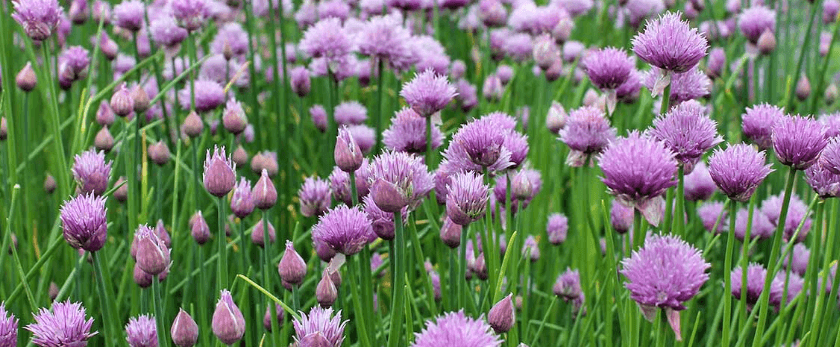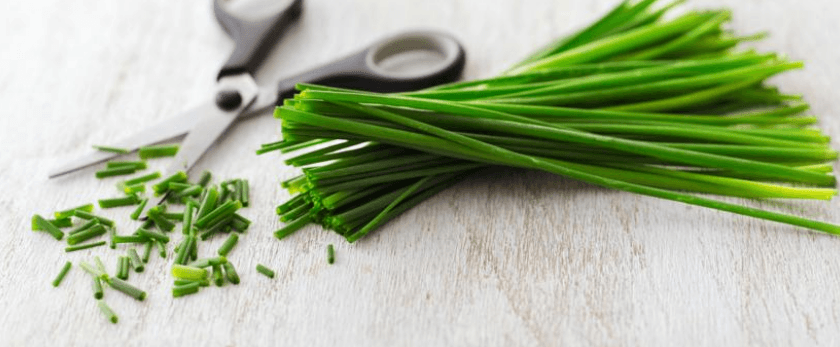Chives are a versatile and easy-to-grow herb that can add flavor and nutrition to your meals. They are also a great addition to any garden, as they attract pollinators and can help repel pests. In this article, we will discuss how to care for chives, the best time to grow them, and common problems you may encounter.
How to Care for Chives
Watering
Chives prefer consistently moist soil, but not waterlogged. It is important to water them regularly, especially during hot and dry weather. However, be careful not to overwater as this can lead to root rot. A good rule of thumb is to water deeply once a week, or more frequently if the soil feels dry to the touch.
Light
Chives thrive in full sun, but can also tolerate partial shade. If you are growing them indoors, place them in a sunny window or use grow lights to provide them with enough light. If you are growing them outdoors, make sure they receive at least 6 hours of sunlight per day.
Soil
Chives prefer well-draining, fertile soil with a pH level between 6.0 and 7.0. If your soil is too acidic, you can add lime to raise the pH level. If it is too alkaline, you can add sulfur to lower the pH level. Chives can also be grown in containers filled with potting mix.
Fertilizer
Chives do not require much fertilizer, but you can add a balanced fertilizer once or twice a year to promote healthy growth. Avoid using high-nitrogen fertilizers, as this can result in more foliage growth and less flavor.
Pruning
Pruning chives is important for maintaining their health and promoting new growth. You can harvest the leaves by cutting them at the base with scissors or pruning shears. This will encourage the plant to produce more leaves. It is also important to remove any dead or yellowing leaves to prevent disease.

What is the Best Time to Grow Chives?
Chives can be grown year-round in mild climates, but they are typically grown as a cool-season crop. They can be planted in the spring or fall, and will continue to grow throughout the summer. In colder climates, chives will die back in the winter and regrow in the spring.
Common Problems with Chives
Pests
Chives are generally pest-resistant, but they can occasionally be affected by aphids, thrips, and onion maggots. To prevent these pests, keep your chives healthy and well-watered. You can also use natural pest control methods, such as introducing beneficial insects like ladybugs or using neem oil.
Diseases
Chives can be susceptible to fungal diseases, such as powdery mildew and rust. To prevent these diseases, make sure your chives have good air circulation and avoid overhead watering. If you notice any signs of disease, remove the affected leaves and treat the plant with a natural fungicide.
Bolting
Bolting is when a plant produces flowers and seeds prematurely. This can happen to chives if they are stressed, such as from extreme temperatures or lack of water. To prevent bolting, make sure to provide your chives with adequate water and protect them from extreme weather conditions.
Conclusion
Chives are a wonderful addition to any garden or kitchen. By following these tips on how to care for them, you can enjoy a bountiful harvest of this flavorful and nutritious herb. Remember to water them regularly, provide them with enough sunlight, and prune them regularly to keep them healthy. With a little bit of care, you can grow chives successfully and enjoy their benefits for years to come.










